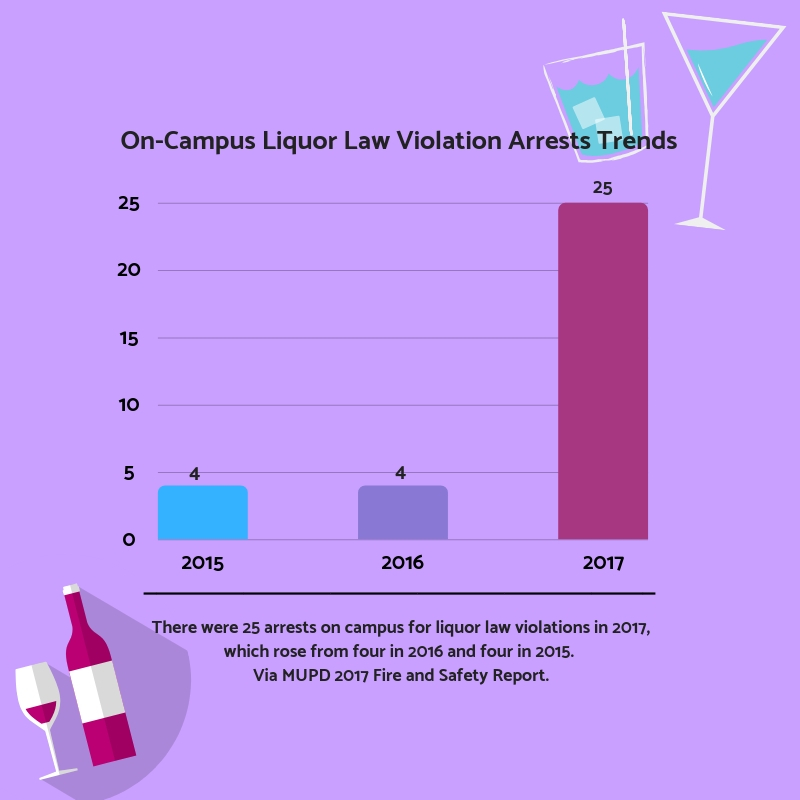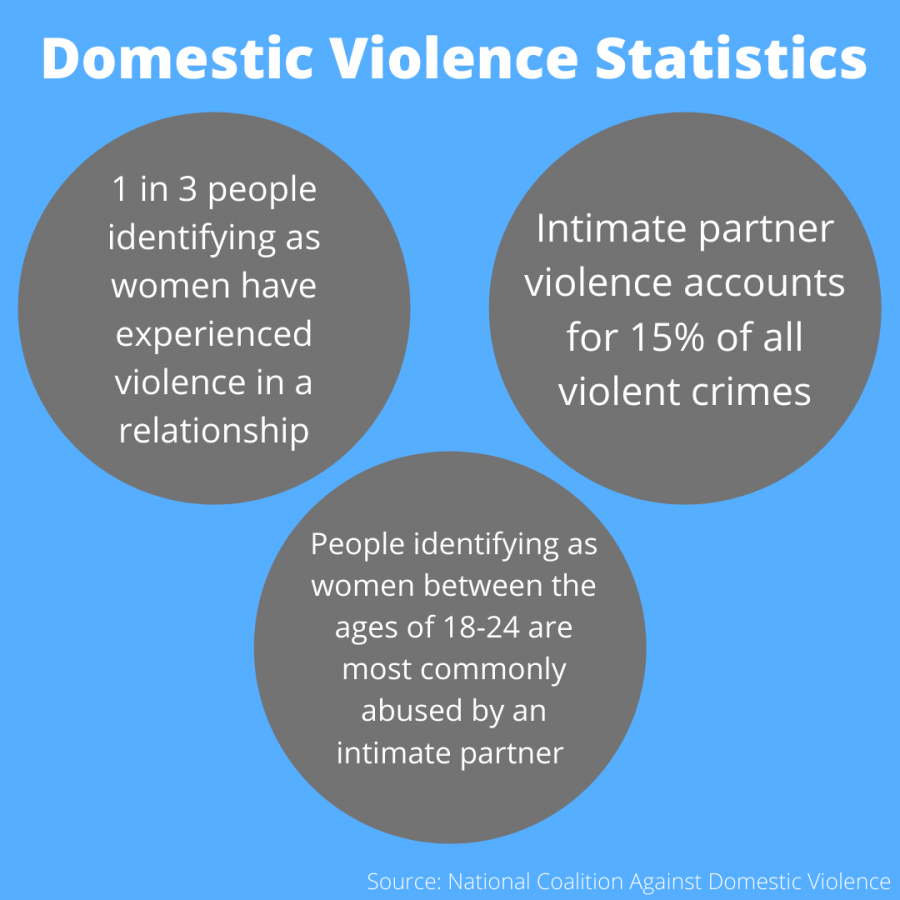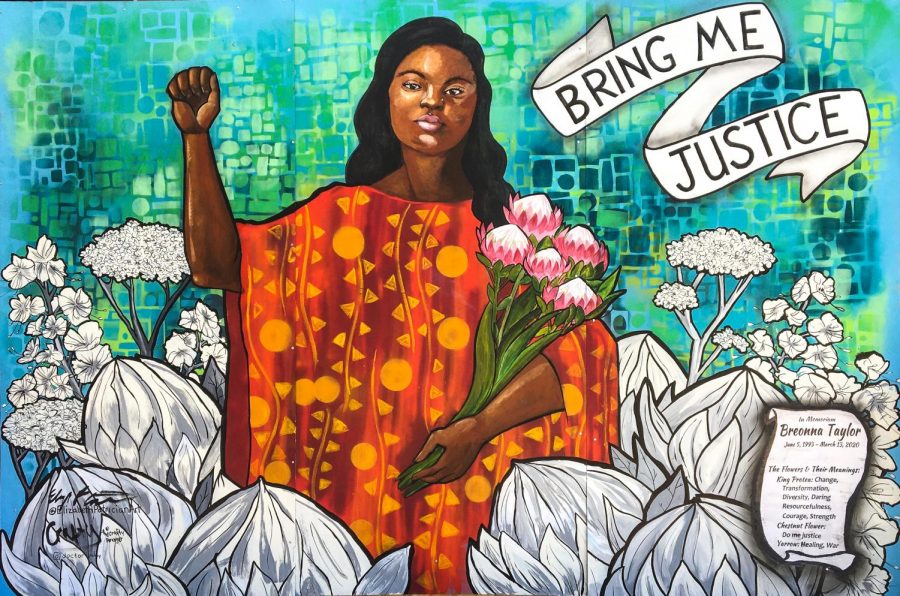The shooting at the Azana Salon & Spa in Brookfield on Oct. 21 has brought the issue of domestic violence and the question of whether law enforcement agencies are properly handling and reporting abuse cases into the limelight in Wisconsin.
According to a 2011 report from the Wisconsin Coalition Against Domestic Violence, deaths statewide resulting from domestic violence have been on the decline since 2009, when 67 deaths were reported, and 2010, when 58 deaths were reported.
Despite numbers improving, the Azana shooting, which left four dead, including the shooter, is a reminder that domestic abuse is still widespread and can escalate to the point of homicide.
“The Azana shooting certainly showed us that this is not a private matter,” said Heather Hlavka, an assistant professor of criminology in the College of Arts & Sciences, in an email.
The shooter, Radcliffe Haughton, went to Azana Spa in search of his wife, Zina Haughton, a stylist at the salon, following an Oct. 18 hearing in which she asked for a restraining order against her husband.
In the hearing, Zina Haughton testified that her husband had been abusive for 20 years.
The law enforcement agency that has handled the Haughtons’ domestic affairs, the Brown Deer Police Department, has come under fire for its lack of action in the case. According to a Nov. 3 article in the Milwaukee Journal Sentinel, the police visited the Haughton household almost a dozen times over a span of 11 years. Seven of those calls were related to domestic abuse, and no arrests were made.
ABC News reported on Oct. 23 that Radcliffe Haughton was seen slashing the tires of his wife’s car in the parking lot of the spa on Oct. 4, several weeks prior to the shooting.
Meghan Stroshine, an associate professor in criminology, said there are a variety of reasons victims don’t report the abuse to the police.
“There may be many reasons women don’t report domestic violence to the police or other authorities – shame, embarrassment, a desire to keep their families intact or fear of their abusers,” Stroshine said in an email. “Many abusers threaten their victims with additional harm – or death – if they reach out for help.”
Wisconsin Attorney General J.B. Van Hollen announced in an Oct. 30 press release that future law enforcement training involving domestic violence would include more specialized education for police departments in the Milwaukee area. According to the press release, Brown Deer police chief Steven Rinzel has requested training and education pertaining to domestic violence.
“We will work with Chief Rinzel to identify and address the training needs of Milwaukee-area law enforcement and prosecutors in a timely manner,” Van Hollen said. “I look forward to working with Chief Rinzel and his staff.”
Hlvaka said handling a sensitive issue such as domestic violence goes beyond the standardized, bureaucratic nature of police protocol. She said greater collaboration with social service organizations is needed.
“Police departments nationwide have historically resisted these types of collaborations, but they are imperative,” Hlvaka said. “There needs to be a greater coordination of services and communication between police and local social service organizations. There needs to be a better understanding of the problem among first responders including police but also a deeper appreciation for the power of everyday citizens intervening and the willingness of family and friends to reach out to each other.”
Further attention to law enforcement training is not the only result of the Azana shooting. Brown Deer village manager Russell van Gompel announced he would hire an independent reviewer to conduct an evaluation of all the Brown Deer Police Department’s interactions with Haughtons in a Nov. 3 press release.
Lt. Lisa Kumbier of the Brown Deer Police Department said the department would not make any statements about the Haughton case until the independent reviewer has completed its evaluation.
“I think the shooting in Brookfield will bring some awareness to the issue, but we need to resist pathologizing the perpetrator or framing this event as an isolated incident,” Hlavka said. “Instead, we need to focus on domestic violence as assertions of power and control embedded in a larger culture desensitized to violence and largely accepting of violence against women in particular, and control over women and children in general.”







